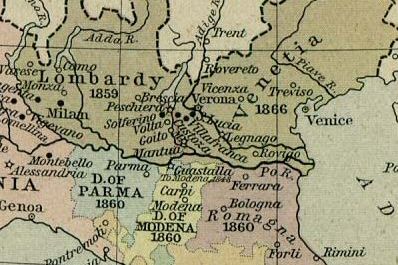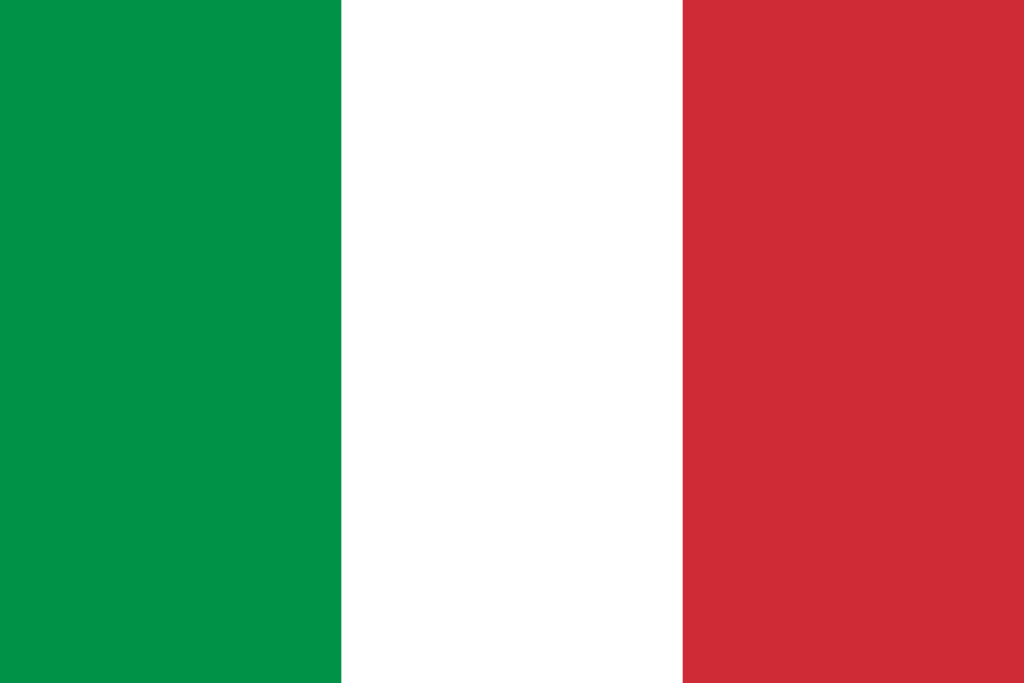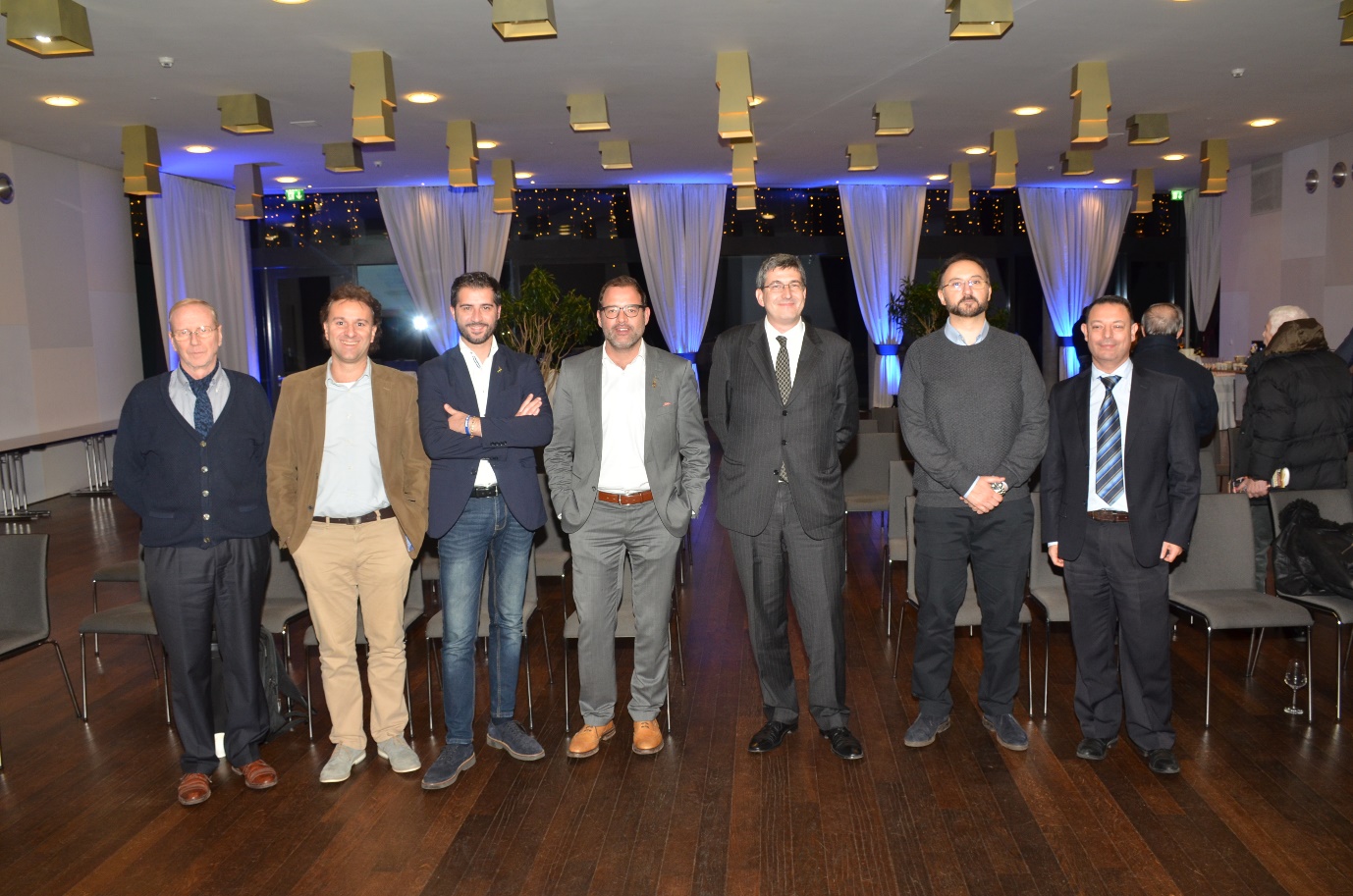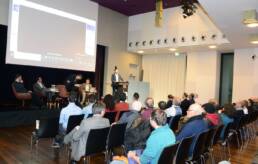In Zurich the real “States General” of Italians abroad
Convention of “Swiss Federalism” on December 5 on the political situation of the Belpaese between Europe, requests for autonomy and instances of protection of the many “expats”.
On Thursday, December 5, 2019, “Swiss Federalism” held a high-level conference, which was also long and attended, on the situation of Italian politics, between Europe and requests for autonomy, on the central role of Italians abroad and on associations outside the national borders, all with a view to promoting the “country system”.
The Zurich happening was attended by leading politicians and leading elements of Italian associations, obviously under the moderation of the president of the newborn association, the financial analyst Andrea Schenone.
“Swiss Federalism“, based in Gommiswald, Canton St. Gallen, is a new association under Swiss law which aims to promote Swiss federalism and the confederal economic and political system at international level.
Paolo Borchia and Bruno Galli on federalism
The MEP Paolo Borchia spoke about the dichotomy between sovereignty, transnational globalism and the principle of self-determination, quoting the historical father of federalist thought, Carlo Cattaneo, and illustrating to those present the dynamics of the various groups within the European Parliament.
Professor Stefano Bruno Galli, professor of History of Political Doctrines and Theories and History of Democracy in the Faculty of Political Science at the University of Milan, as well as Councillor for Autonomy and Culture of the Lombardy Region, considered by many the intellectual heir of the teaching of Gianfranco Miglio, connected by videoconference from the “Pirellone”, spoke about the systemic crisis in place and provided a lectio magistralis on autonomy and the principles that underlie it.
A differentiated regionalism to be conquered
The professor then underlined the historical problem that arose at the birth of the Kingdom of Italy, triggered by the decision to apply a centralist system instead of a federalist one.
Today, the country is faced with a systemic crisis that comes from afar and also from the political and bureaucratic obstacles that stand in the way of the Regions’ request for autonomy: constraints that come from far away and that must be overcome with adequate strategies (for example, with the devolution of some competencies within the subjects of autonomy).

The economy always has the last word
Stefano Gualandris, entrepreneur in the aerospace sector, former legal and economic advisor to the former Undersecretary of State at the Presidency of the Council of Ministers, Giancarlo Giorgetti, explained the role of the fascinating sector in the current and future power games of foreign policy.
Christian Girardi, founder of the “Global Forum Südtirol”, illustrated his “white paper”, written together with a famous Swiss economist, on the three competitive advantages of the federalist system in force in the Confederation: direct democracy, concordance (including 80% of the parties in the government system) and the double proportional electoral system, respectful of the territorial realities.
Emanuele Gargiulo, an economist trained at the London School of Economics, in a speech much appreciated, spoke of the imbalances brought by the Euro, in the vein of the teachings of the two Nobel Prize winners Paul Krugman and Joseph Stiglitz conveyed in Switzerland in recent years, on the damage done to Italy by the introduction of the Euro as a currency and the need for a decrease in taxes to restart the local economy and to re-discuss the treaties with Europe.

The “vexata quaestio” of language courses
In the part dedicated to Italian associations, Enzio Bertola, representative of ASDLI, spoke. He underlined the interventions of his group for the protection of the Italian language, spoken today not only in Ticino (about 300,000 people), but now much more throughout the rest of the Swiss Confederation (about 800,000 people).
He then mentioned the many initiatives of the “basso”, the serious shortcomings of Palazzo Chigi in the financing of Italian courses and the need to establish a closer relationship with the Swiss government, in particular with the political forces of the center-right.
From European roots to the INCA CGIL “case
Andrea Masciave, president of the association “Pro Europa Una”, explained how the Old Continent must be rebuilt from the bottom up and from its common roots (Christianity, Greek and Roman culture and so on), which have been betrayed by a construction started from the top, and showed with an accurate presentation how his group acts concretely in this direction.
Marco Pietro Tommasini, spokesperson for the “Committee for the Defense of Families”, illustrated some slides on the scandal of the Italian-Swiss victims of the INCA CGIL patronage, of the serious omissions, silences and probable political complicity in Switzerland in this opaque affair, of which some judicial pronouncements are awaited.
A solution that could have been found long before the intervention of the law, with an agreement between all political forces to meet the legitimate needs of citizens.

The role of COMITES needs to be reviewed
Gerardo Petta, councillor of the Zurich COMITES, expressed his perplexity about the system of election of the Committees of Italians Abroad, which leads only 3% of the eligible voters to vote, and the need for an overall reform of the system of representation outside the national borders (those elected in Parliament, the aforementioned COMITES and the General Council of Italians Abroad).
In particular, the discussion revealed the total absurdity of cutting the number of those elected abroad in the Senate and the Chamber in a historical context of mass exodus of Italians, who demand greater democratic representation.
It was then proposed to hold the political elections and the elections of the Committees of Italians Abroad at the same time and to allow only the political forces represented in Parliament to have councillors in the Committees…







